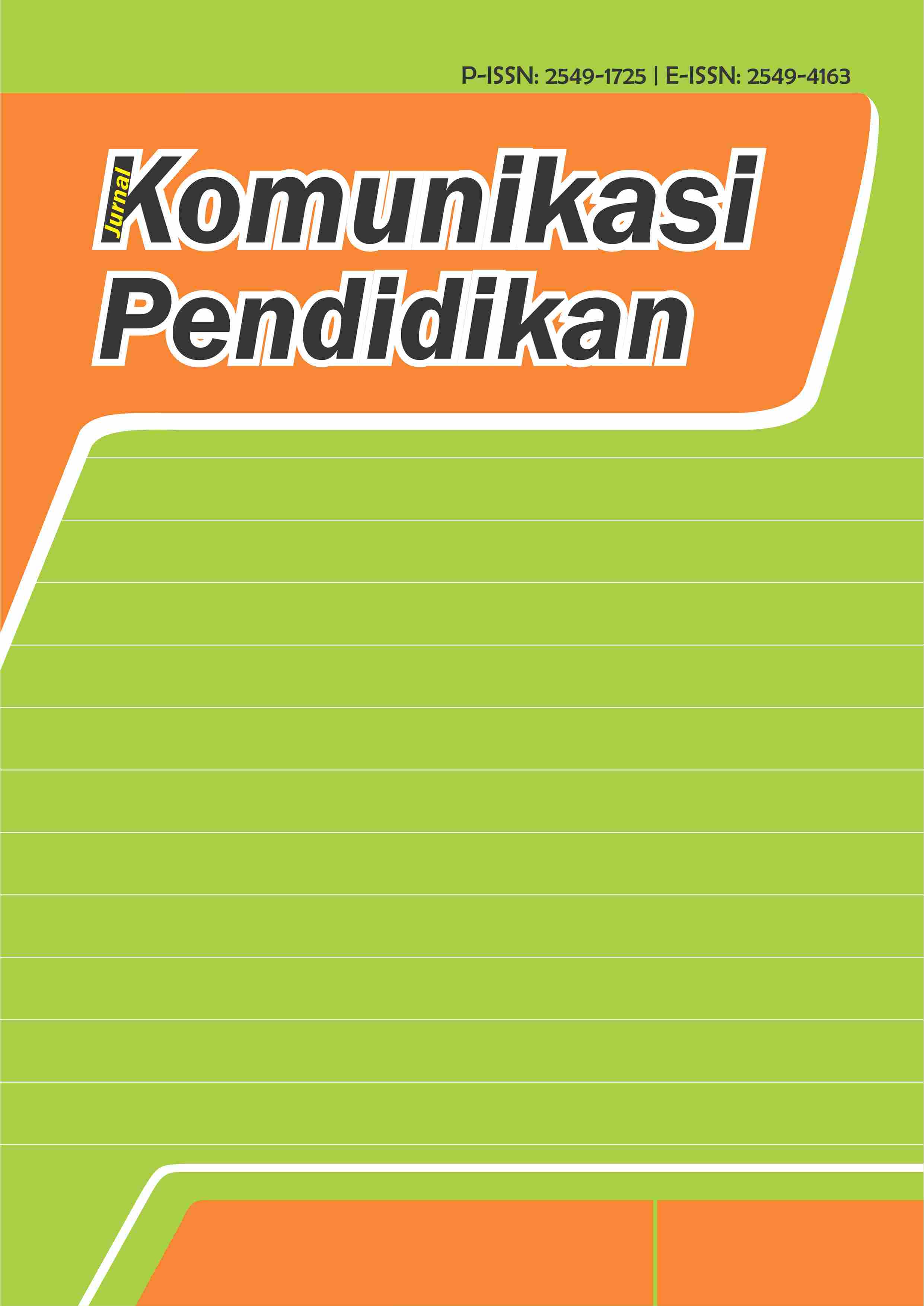Exploring the Dynamics of Teacher-Student Relationships in Vietnamese Higher Education: A Qualitative Study of EFL Teachers’ Relational Tools
DOI:
https://doi.org/10.32585/jurnalkomdik.v9i2.6380Keywords:
Teacher-Student Relationships, EFL Teachers, Higher EducationAbstract
This qualitative study investigates the relational tools used by Vietnamese EFL teachers in higher education, a critical yet underexplored aspect in the field of language education. Focusing on the perspectives of nine Vietnamese EFL teachers from two institutions, representing various career stages (novice, mid-career, and near-end), this research provides in-depth insights into the strategies employed to build and maintain effective teacher-student relationships. Employing semi-structured interviews, the study revealed three key themes: building rapport through personalized learning, nurturing a supportive classroom environment, and emphasis on empathy and understanding. These themes highlight the importance of tailoring teaching to individual student needs, creating inclusive and supportive classroom atmospheres, and employing empathy in understanding student challenges. The findings underscore the role of relational pedagogy and sociocultural theory in enhancing the effectiveness of EFL teaching and learning. The study also sheds light on the unique context of Vietnamese higher education, where cultural nuances play a significant role in the dynamics of language education. This study contributes to the broader discourse on EFL teaching methodologies, emphasizing the critical role of teacher-student relationships in successful language acquisition.
Downloads
Downloads
Published
How to Cite
Issue
Section
License
Copyright (c) 2025 Pham, Le

This work is licensed under a Creative Commons Attribution-ShareAlike 4.0 International License.
Authors who publish with the Jurnal Komunikasi Pendidikan agree to the following terms:
- Authors retain copyright and grant the journal the right of first publication with the work simultaneously licensed under a Creative Commons Attribution License (CC BY-SA 4.0) that allows others to share the work with an acknowledgment of the work's authorship and initial publication in this journal.
- Authors are able to enter into separate, additional contractual arrangements for the non-exclusive distribution of the journal's published version of the work (e.g., post it to an institutional repository or publish it in a book), with an acknowledgment of its initial publication in this journal.
- Authors are permitted and encouraged to post their work online (e.g., in institutional repositories or on their website) prior to and during the submission process, as it can lead to productive exchanges, as well as earlier and greater citation of published work.





